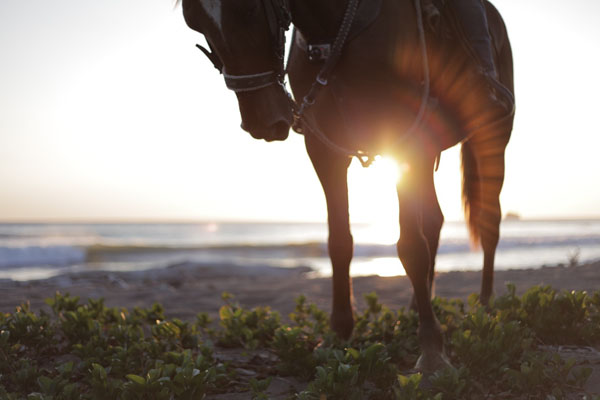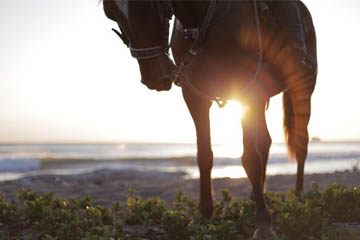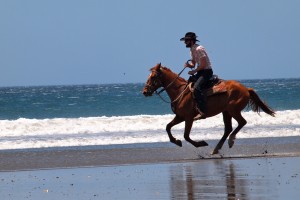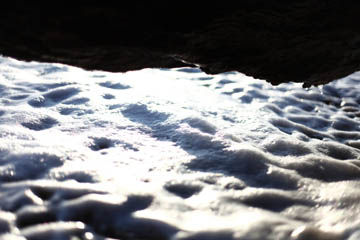
The sun shines. / Photo: Ian MacKenzie
“Pretend like you have a coin between your butt cheeks, then lean back and f**k the saddle.”
I looked down at the man who offered this sage advice, not because I was taller than him, but because I was perched on a saddle. My horse, Colorado, was a massive steed, and waited contentedly while his owner Jamie explained to me the finer points of galloping.


